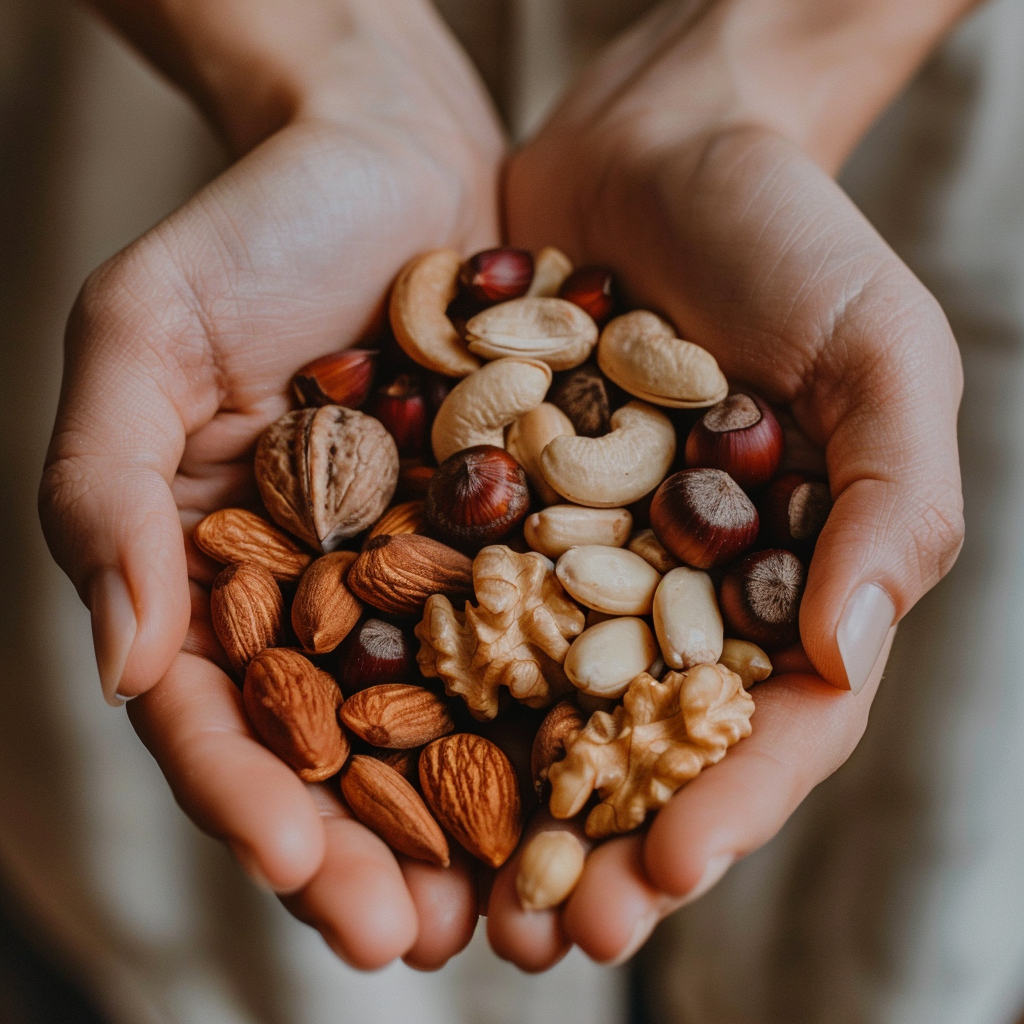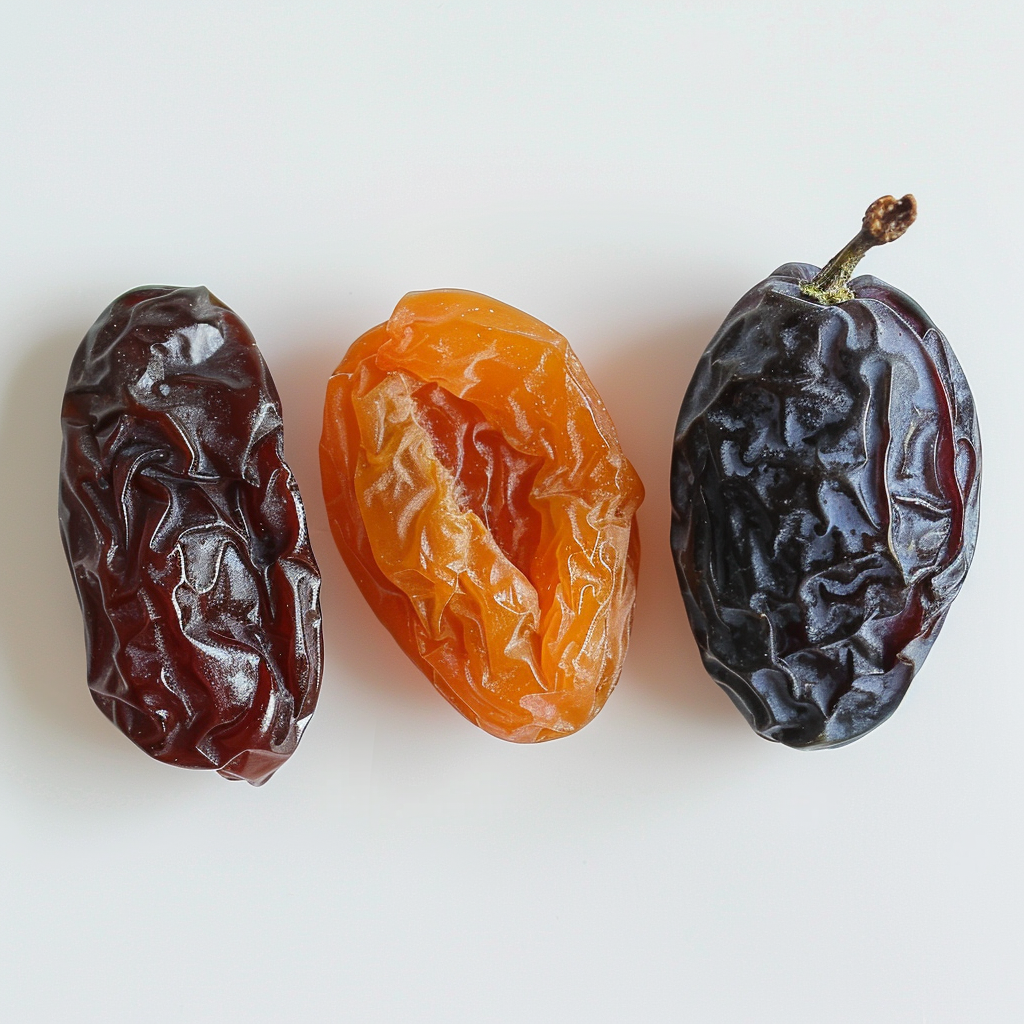Introduction
Spirulina is a blue-green microalgae known for its many nutritional benefits. Let's find out together what spirulina is and why it is considered an excellent source of natural plant protein.
What is Spirulina?
Spirulina (Arthrospira platensis) is a cyanobacteria that grows naturally in the alkaline waters of tropical and subtropical lakes. Used for centuries by various civilizations, it is now acclaimed for its nutritional benefits.
Characteristics of Spirulina
- High in Protein : Spirulina is composed of 60-70% complete protein, containing all essential amino acids.
- Vitamins and Minerals : It is rich in vitamins (A, K, B12), iron, calcium, magnesium and potassium.
- Antioxidants : Contains powerful antioxidants like phycocyanin and beta-carotene.
Why is Spirulina a Good Source of Plant Protein?
Spirulina stands out for its exceptional protein content and its many health benefits, especially for vegetarians, vegans and athletes.
Protein Content
- Complete Protein : Unlike many plant sources, spirulina provides all the essential amino acids needed for the body to function properly.
- Digestibility : Spirulina proteins are easily digestible, allowing for better absorption by the body.
Health Benefits
- Improved Energy and Stamina : The proteins and vitamins in spirulina can help improve energy levels and endurance, especially helpful for athletes.
- Immune System Boost : The antioxidants and nutrients in spirulina boost the immune system.
- Detoxifying Effects : Spirulina helps eliminate toxins from the body, especially heavy metals.
Comparison with Other Plant Protein Sources
Compared to other plant-based protein sources like legumes, soy or nuts, spirulina has some unique benefits.
Protein /gram
- Spirulina contains more protein per gram than other plant sources, making it a highly concentrated dietary supplement.
Nutritional Profile
- In addition to protein, it provides a wide range of vitamins and minerals often absent or present in lesser quantities in other plant sources.
How to Consume Spirulina?
Spirulina can be consumed in different forms: powder, tablets or flakes. Here are some ideas for incorporating it into your daily diet:
Forms of Consumption
- Powder : Mix it into your smoothies, fruit juices, or yogurts.
- Tablets : Take them with water or other liquid.
- Flakes : Sprinkle them on your salads, soups or main dishes.
Spirulina Recipes
- Energizing Smoothie : Banana, spinach, spirulina, almond milk and chia seeds.
- Homemade Protein Bars : Oats, peanut butter, spirulina and honey.
Conclusion
Spirulina is a microalgae with remarkable nutritional properties, providing a complete and easily digestible source of plant protein. By incorporating spirulina into your diet, you will benefit from its many health benefits, particularly in terms of proteins, vitamins, minerals and antioxidants. Whether you are vegetarian, vegan or simply health conscious, spirulina is a wise choice to supplement your nutritional needs.
Sources:
- World Health Organization
- Food and Agriculture Organization
- Articles and scientific studies on spirulina





